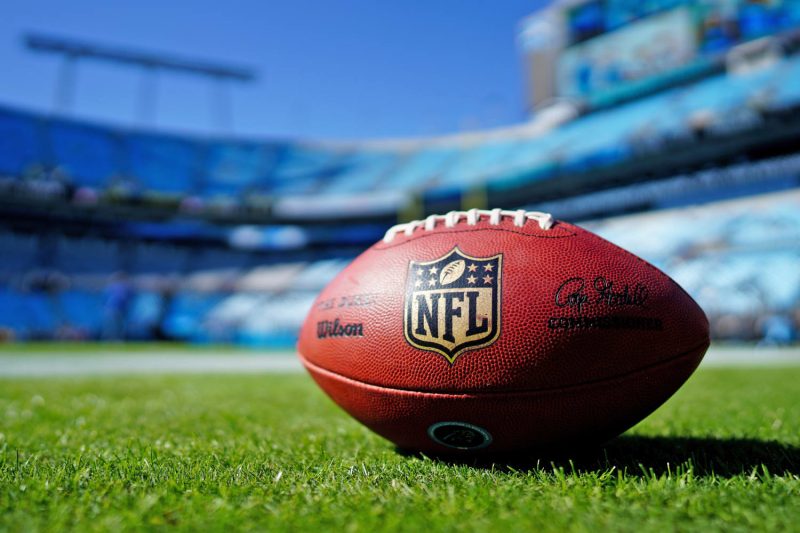In a groundbreaking move within the realm of professional American football, NFL owners have recently voted in favor of allowing private equity investment in the league. This decision marks a significant shift in the traditional ownership structure of NFL franchises and has sparked a mix of excitement, skepticism, and uncertainty among fans, players, and industry experts alike.
One of the primary motivations behind this move is the potential for increased financial stability and growth for NFL teams. Private equity firms are known for their ability to inject substantial capital into businesses, which could enable NFL franchises to expand their operations, invest in cutting-edge technology and infrastructure, and enhance the overall fan experience. This influx of capital could also help teams navigate unforeseen financial challenges and weather economic downturns more effectively.
However, the prospect of private equity involvement in the NFL has not been without its critics. Some fans and analysts have expressed concerns that private equity investors, whose primary goal is to generate returns for their stakeholders, may prioritize profitability over the long-term interests of the sport and its fanbase. There are fears that private equity ownership could lead to an overemphasis on commercialization, increased ticket prices, and potentially jeopardize the integrity and competitive balance of the league.
Moreover, the NFL has long prided itself on being a tightly controlled and closely regulated operation, with team owners subject to strict vetting processes and league oversight. The introduction of private equity investors into this carefully curated ecosystem raises questions about how this new dynamic will impact the league’s governance structure, decision-making processes, and overall competitiveness.
It remains to be seen how this landmark decision will shape the future of the NFL and whether private equity investment will ultimately prove to be a boon or a bane for the league and its stakeholders. As the NFL enters this new era of ownership and financial management, one thing is certain – the landscape of professional football is evolving, and the ramifications of this pivotal vote are likely to reverberate for years to come.




























